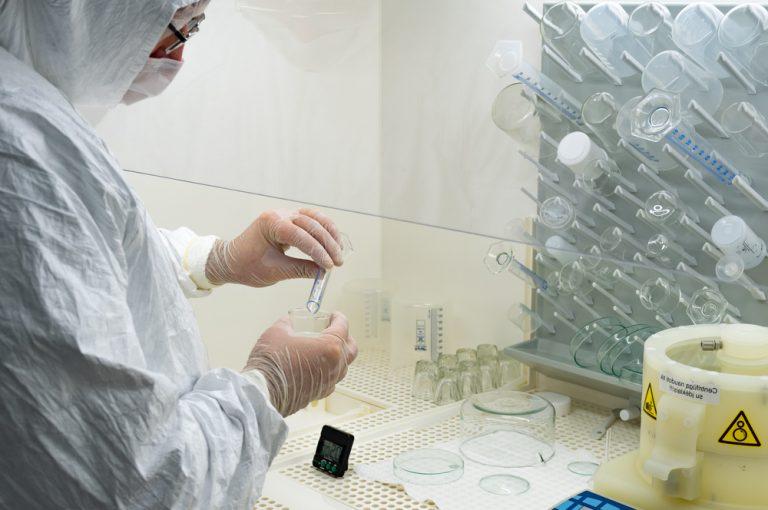Revolution Beauty (LON: REVB) has come to a confidential agreement with Chrysalis Investments (LON: CHRY) over the claims related to its investment in the company when it joined AIM in July 2021. Last year, Chrysalis Investments issued draft particulars of a claim £39m plus additional consequential loss of £6.2m. Chrysalis Investments will be paid a non-material amount of cash with out admission of liability. This removes a hangover on the Revolution Beauty and the share price rebounded 28.4% to 17.65p.
Emmerson (LON: EML) has secured up to $11m of litigation and working capital funding. Boies Schiller Flexner, which has a strong track record, is litigation counsel for the legal dispute with the Government of Morocco over the permitting of the Khemisset potash project. The post-tax NPV8 of the project is $2.2bn. The share price recovered 27.1% to 0.775p.
Marketing services provider The Mission Group (LON: TMG) has completed its restructuring with the sale of AprilSix to US-based Marketbridge for up to £17.4m. The initial payment is £10.5m and reduces pro forma net debt to £17m. This will enable the company to negotiate an extension to its debt agreement. AprilSix generated 13.5% of 2023 revenues of £86.3m. A share buyback of up to £1.5m will be launched. There could be a dividend paid for 2025. The share price increased 16.7% to 28p.
Griffin Mining (LON: GFM) has recommenced mining at the Caijiaying mine on 30 December following an accident last year. The share price rose 7.88% to 157.5p.
Cancer treatments developer Hutchmed (China) Ltd (LON: HCM) has followed up the sale of its non-core 45% interest in Shanghai Hutchison Pharmaceuticals for $608m with news of the acceptance of a new drug application in China for savolitinib in combination with AstraZeneca’s Tagrisso as a treatment for lung cancer. The Chinese authorities could make a decision on the application within 18 months. There could be a market worth around $1bn in China. The share price improved 4.04% to 244.5p.
FALLERS
Poolbeg Pharma (LON: POLB) is in talks with potential bidder HOOKIPA Pharma (NASDAQ: HOOK) about an all-share offer from the Nasdaq-listed company. The indicated proposal is 0.03 of a HOOKIPA share for each Poolbeg share. Cancer and infectious disease treatments developer HOOKIPA intends to raise up to $30m. That will fund phase 2a trails for POLB 001 and trials of two other treatments. HOOKIPA shareholders would receive a contingent value right instrument entitling them to 55% of milestone payments made by Gilead for HB-400 and HB-500 programmes. This could be worth up to $407.5m. They are also entitled to 80% of the proceeds generated by the HB-200 programme. The Poolbeg Pharma share price slumped 35.9% to 4.55p, which is near to an all-time low.
Non-executive director John Stafford stepped down from the Nostra Terra Oil & Gas (LON: NTOG) board. The share price slipped 8.33% to 0.0275p.
Tungsten West (LON: TUN) had £40,000 in cash at the end of September 2024. There is a provisional agreement to place a further £2.8m of loan notes. Progress is being made towards the reopening of the Hemerdon tungsten and tin mine in Devon. The share price declined 6.67% to 3.5p.
Ex-dividends
FIH Group (LON: FIH) is paying an interim dividend of 1.25p/share and the share price rose 8p to 265p.
Jet2 (LON: JET2) is paying an interim dividend of 4.4p/share and the share price dipped 32p to 1551p.
James Latham (LON: LTHM) is paying an interim dividend of 7.95p/share and the share price increased 10p to 1155p.









